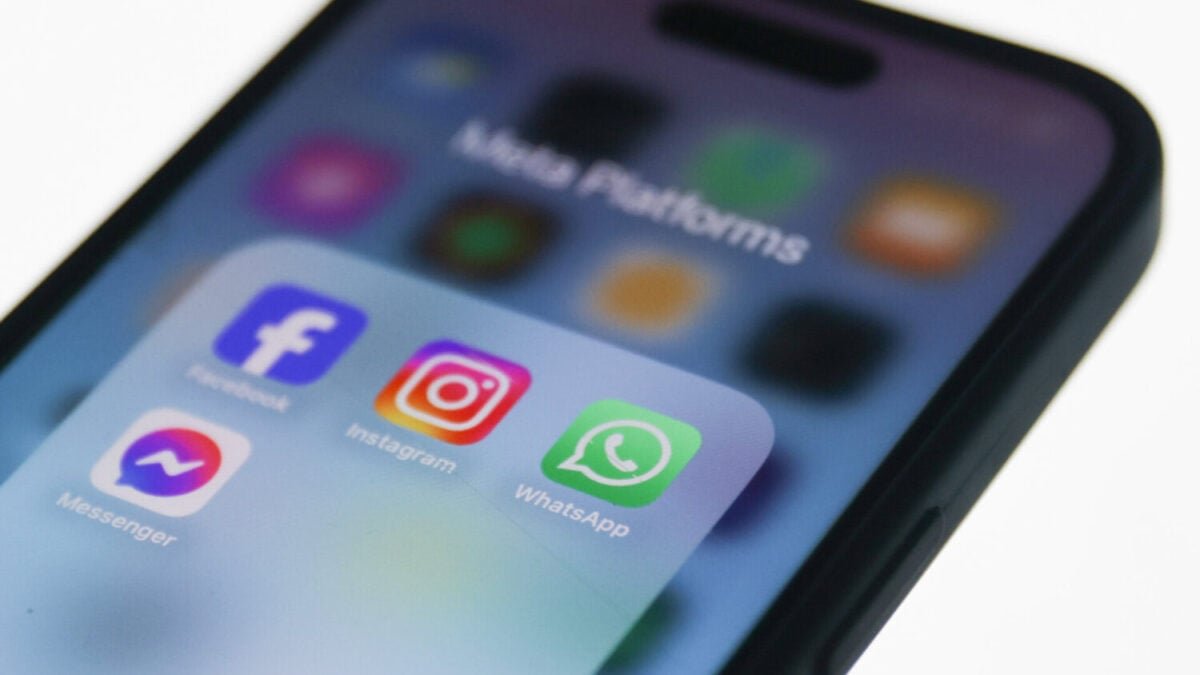
Good news for monopolists: If you successfully elude regulators long enough, a new perspective may come in and disrupt your monopoly position after nearly a decade of autocratic dominance over your domain, thus leaving you no longer a monopoly despite enjoying all the benefits of one.
On Tuesday, Judge James Boasberg ruled that Meta did not create an illegal monopoly for social media platforms by acquiring Instagram and WhatsApp, as competitors like TikTok have emerged in the intervening period.
The case, which has been going on for five years and comes 13 years after Facebook bought Instagram and 11 years after it bought WhatsApp, failed because, according to the judge, the Federal Trade Commission failed to prove that Meta currently monopolizes the social media advertising market. “Regardless of whether Meta has enjoyed monopoly power in the past, the agency must show that it still has such power,” Boasberg said in the filing. “The court’s decision today determines that the FTC did not do so.”
This is very convenient for Meta CEO Mark Zuckerberg, who clearly expressed his desire to dominate this space when buying out his competitors. The FTC showed messages from the executive where he said, “It’s better to buy than to compete,” and specifically said that “one way to look at it is that what we’re really buying is time,” with the intention of integrating the competitor’s features “before anyone can get close to their scale again.” These certainly sound like the words of someone who wants to control the entire region, but since they weren’t able to take possession of it, apparently it doesn’t matter.
“Although each of Meta’s empirical demonstrations can be disputed, they all tell a consistent story: People regard TikTok and YouTube as alternatives to Facebook and Instagram, and the amount of competitive overlap is economically significant,” Boasberg wrote in his decision. “Against that anecdotal pattern, the FTC does not provide any empirical evidence of substitution.”
The judge also clearly recognized that social media has changed since Meta’s multi-billion dollar acquisition, shifting primarily to video, where apps like TikTok and YouTube really dominate. To that end, he said that “consumers are allocating massive amounts of time from Meta’s apps to its competitors”, which ultimately “forced Meta to invest large amounts of cash to maintain it.” Not really an enthusiastic endorsement of the quality of Meta’s products, but hey, they’ll probably take a harsher evaluation in exchange for not selling the parts.
Meta is the latest of a number of Big Tech giants that have actually managed to avoid punitive antitrust action due to the rapidly changing landscape. Google, which was found to have a monopoly on online search, also managed to avoid the harshest penalties due to the emergence of generic AI, which the judge overseeing the case said could disrupt Google’s search dominance.
